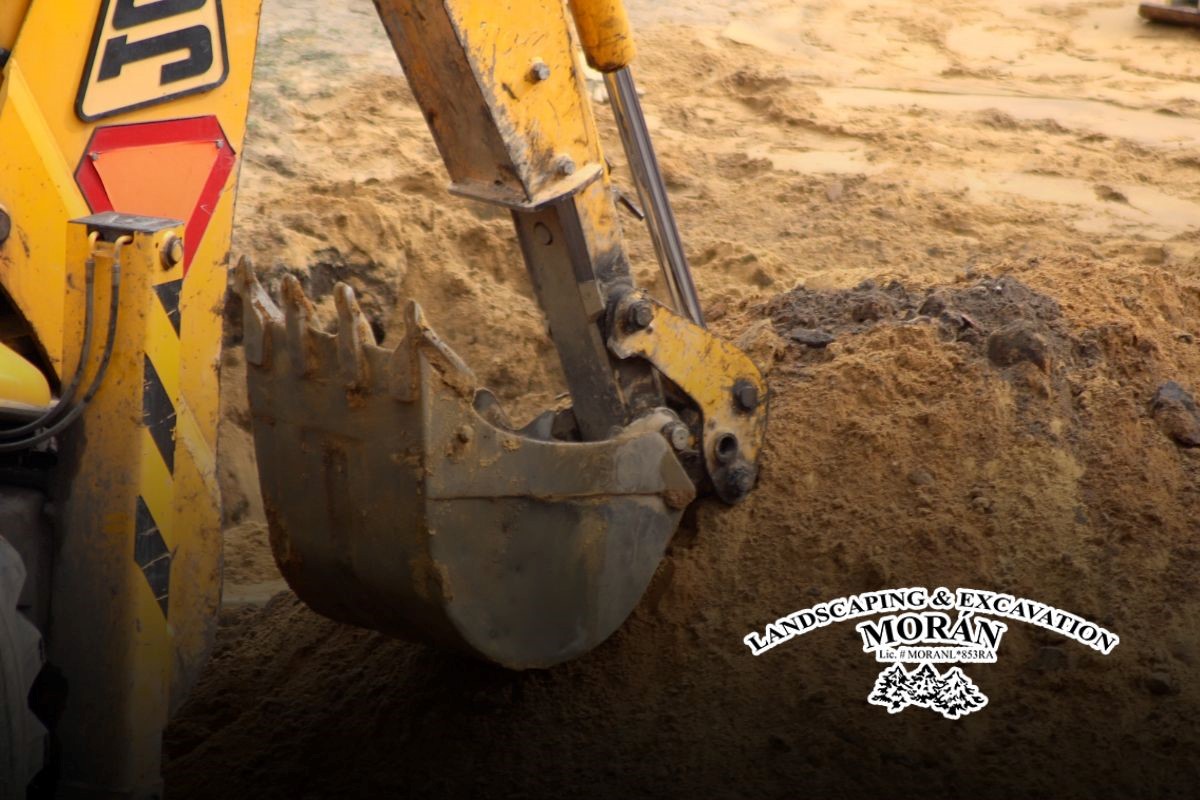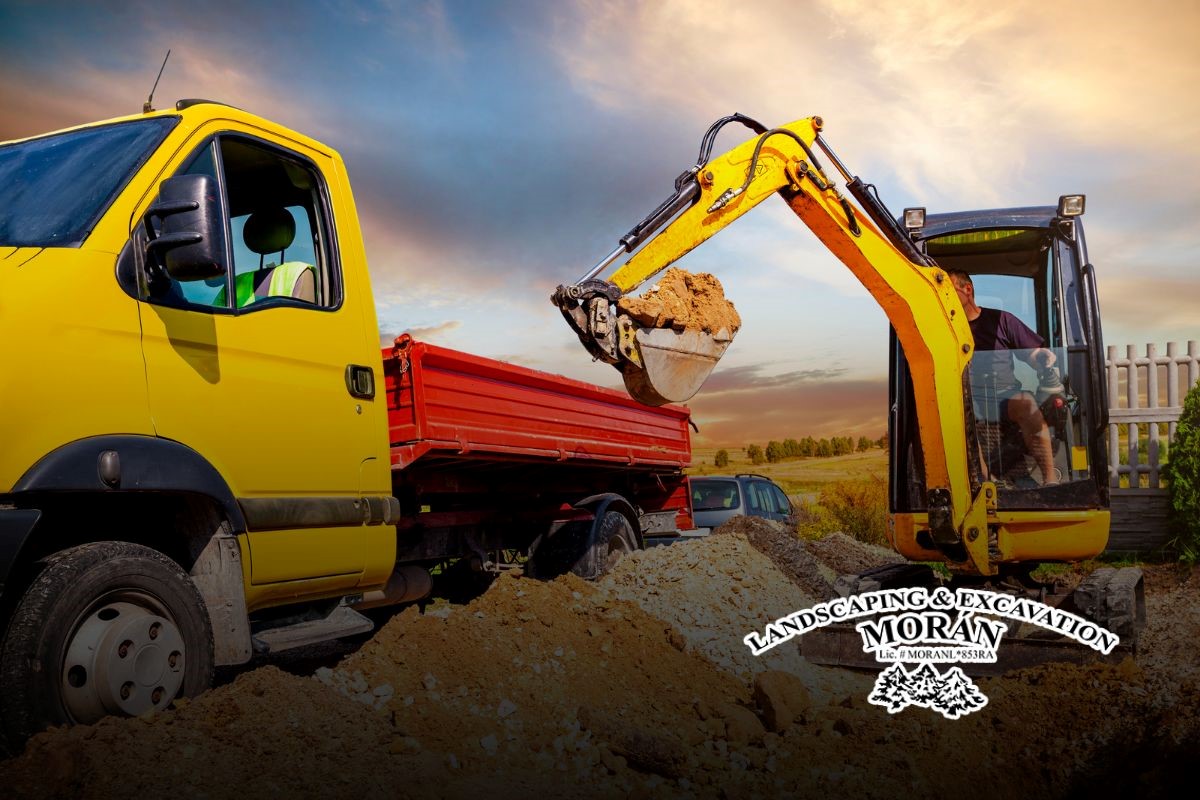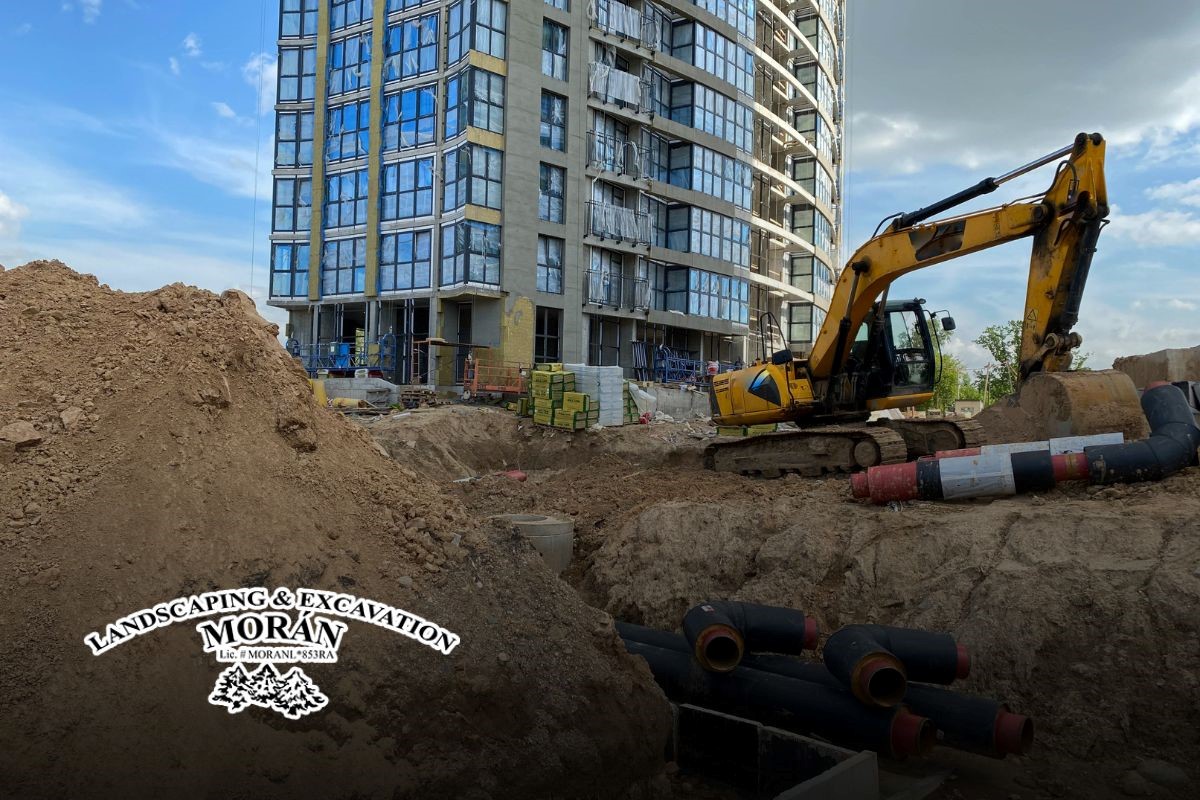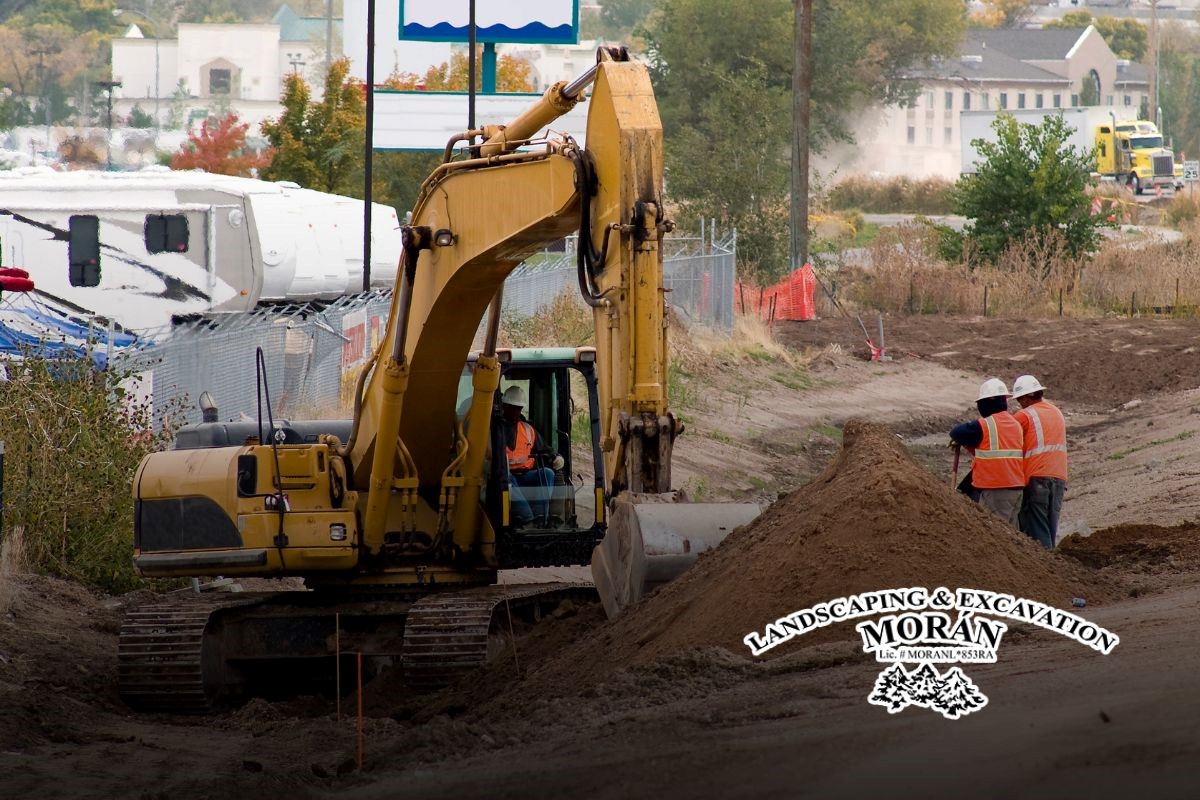
- Wed, Apr 2023
- |
- Moran’s Landscaping & Excavation LLC
Are you a homeowner or business owner looking to begin a construction project? If so, excavation is an essential first step. In detail, different types of excavation are available depending on the scale and goal of your project.
In fact, it can be complicated to know everything about the different types of excavation; however, in this blog, we will give you all the information you need.
Learn more about what type of excavation can be used for your unique construction project in our blog!
What You Need to Know Before Starting an Excavation Project

Excavation projects might seem like a straightforward task at first, but they can quickly turn into a complicated and costly undertaking if not executed correctly.
Understanding the intricacies of excavation can help you avoid mistakes that could lead to project delays or increased expenses. Before starting an excavation project, this blog takes you through everything you need to know.
Conduct a Site Analysis and Inspection
Before commencing an excavation project, conducting a thorough site inspection is crucial to identify hazards such as underground utilities, natural gas lines, water mains, rocks, or boulders. Additionally, survey the area to ensure enough space to accommodate the excavation equipment and ensure the soil is stable enough to support the excavation.
Another essential aspect to consider during site analysis is the safety measures to be taken throughout the excavation project. You want to implement safety measures that account for the safety of those involved in the project and the public.
The Right Equipment is Key
Choosing the right equipment for the excavation job should be a priority. The wrong equipment can cause unnecessary damage, leading to delays or safety hazards. Plan on fully understanding the exact nature and scope of the work you intend to undertake so that you can rent or purchase equipment suited to the task.
Secure the Necessary Permits
Before commencing any excavation project, acquire the necessary permits from your local jurisdiction, such as construction permits, environmental permits, or excavation permits. Obtaining the relevant permits may lead to legal issues, fines, or project delays.
Hire the Right Experts
The success of an excavation project heavily relies on the experts you hire. Ensure you hire knowledgeable contractors with the necessary licenses, insurance, and experience. Reliable experts will provide a detailed work plan and accurate estimates and keep all parties informed throughout the project, outlining any potential problems and potential alternatives.
By the end, excavation projects entail much more than just moving dirt. With the right planning, equipment, permits, and experts, these projects can run smoothly and deliver the desired results. Taking the necessary precautions before ordaining an excavation project will save you from serious injuries, hefty fines, and property damage.
Discover the Different Types of Excavation

In particular, construction projects require various excavation services to prepare the site for building. Different types of excavation can be used to facilitate site preparation and provide access to underground utilities.
Below are some of the more commonly used excavations in construction projects:
Trenching
Trenching is used to cut a flat-bottomed channel into the ground. It can be done manually or with heavy machinery and is very important in many aspects of construction. Such as installing power lines, water mains, and drainage pipes. In addition, trenching may be necessary to access sewer lines or gas pipes buried beneath the surface.
Bulldozing
Bulldozing uses large bulldozers or heavy machinery that moves large quantities of soil from one area to another. This excavation is often employed when clearing debris during demolition projects or creating landscaping features like berms and swales. In fact, bulldozing can also be used in road construction by removing and relocating soil to level out an area before laying down asphalt pavement.
Sidecasting
Sidecasting refers to large-scale excavation methods that involve moving material from one side of a trench or pit to another. Also, sidecasting can speed up the process since it enables workers to move materials without filling up trucks repeatedly with each load. It’s often employed when excavating areas for foundations and other deep trenches on construction sites.
Grading
Grading involves leveling out uneven surfaces so that roads, parking lots, sidewalks, and other paved surfaces can be quickly built upon. Specifically, grading usually involves removing excess soil from high spots during excavation and filling low areas with compacted fill materials. Then smooth out any remaining bumps before paving them with concrete or asphalt materials.
Drilling & Blasting
Drilling & Blasting is a type of excavation used on complex rock formations that cannot be easily removed by traditional excavating equipment. In detail, this method requires drilling holes into hard rock surfaces.
These are then filled with explosives that cause controlled explosions that break apart rocks into smaller pieces. In particular, it can be moved away from the site more quickly than if left intact in its natural form.
Have the Best Excavation Services

Choosing the correct type of excavation for any construction project is essential. With a professional company like Moran’s Landscaping & Excavation LLC at your side, you can ensure your excavation needs are satisfactorily fulfilled.
Our years of experience in the excavation industry differentiate us from other companies and make us a reliable partner as you navigate different stages of the construction process.
If you’re ready to start your next project, don’t hesitate to contact us-we’ll work with you every step of the way. At Moran’s Landscaping & Excavation LLC, we know the importance of quality service for any construction project.
That’s why we pride ourselves on delivering superior excavation services that meet our client’s expectations.
Get ahead of your next construction project by contacting our expert team today and letting us guide you on your excavation journey!
